
Image Source: pexels.com
1. The Mirage of Prosperity in the Beehive State
Utah’s economy has been the nation’s envy, with impressive growth metrics that paint a picture of unparalleled prosperity. According to the Kem C. Gardner Policy Institute, Utah’s real GDP growth rate led the nation at 4.6% through three quarters of 2024. The state’s unemployment rate of 3.1% remains well below the national average of 4.0%. Utah’s nominal GDP even surpassed $300 billion for the first time in history. These glowing statistics have created a narrative of economic invincibility that masks a troubling reality: beneath this veneer of success lies a growing debt crisis that threatens the financial stability of Utah households.
2. The Housing Affordability Trap Fueling Debt
The cornerstone of Utah’s debt crisis is its housing market, where prices have skyrocketed beyond the reach of many residents. Michael Jeanfreau, senior economist at the Utah Department of Workforce Services, notes that Utahns who manage to purchase homes are now spending six to seven times their household income, far exceeding the recommended ratio of 3.5 times income. This housing affordability crisis has created a “lockout effect” for first-time buyers and a “lock-in effect” for current homeowners who can’t afford to move due to higher mortgage rates.
According to a survey by Envision Utah and Utah Workforce Housing Advocacy, the state is projected to face a housing shortage of approximately 153,000 units by 2030. This supply-demand imbalance continues to drive prices upward, forcing many residents to take on unsustainable levels of debt just to secure housing.
3. Consumer Debt Reaching Alarming Levels
Utah households are accumulating debt at one of the fastest rates in the nation. Between the second and third quarters of 2024 alone, Utahns added more than $1 billion in household debt, with the average household taking on an additional $1,000, a rate higher than every state except Colorado, California, and Hawaii.
This debt accumulation isn’t limited to mortgages. As housing costs consume an ever-larger portion of household budgets, many Utahns are turning to credit cards and other high-interest loans to cover basic necessities. Delinquency rates have begun to creep higher, reflecting growing financial strain among consumers who once appeared resilient.
4. The Bifurcated Economy: Growth for Some, Struggle for Many
Utah’s economic success story masks a growing divide between high and low-income residents. A recent Deseret News/Hinckley Institute of Politics survey revealed stark differences in economic outlook based on income levels—67% of those earning over $100,000 per year deemed the state’s economy on the right track, while only 30% of those earning under $50,000 shared that optimism.
This bifurcation is also evident in consumer sentiment. While Utah’s consumer sentiment remains higher than the national average, it fell 3.5% in January 2025, indicating growing economic anxiety even among the state’s relatively confident population.
5. Commercial Real Estate: The Next Debt Bomb
While residential housing debt has captured most headlines, a potentially larger crisis looms in commercial real estate. According to economists at Stifel Financial, trillions in commercial loans will reset at much higher rates in the next one to three years, causing loan-to-value rates to increase between 30 and 90 percent.
This reset threatens to destabilize Utah’s commercial property market, potentially triggering defaults and foreclosures that could ripple through the state’s economy. The construction industry is already showing signs of strain, with the annual value of construction in Utah declining 1.5% in 2024.
6. Policy Responses: Building Out of Crisis?
Governor Spencer Cox has made addressing the housing crisis his “top priority” and a “moral imperative,” focusing on increasing supply through various policy initiatives. His administration aims to add 35,000 starter houses within five years to make homes more affordable for young families.
The Utah Legislature has passed several bills to ease the housing crunch, including measures to loosen parking requirements, incentivize condo construction, and allow denser development in exchange for affordability commitments. However, critics argue these incremental steps are insufficient to address the magnitude of the crisis.
7. The Debt Tipping Point: When Will It Break?
The question isn’t whether Utah’s debt bubble will burst, but when and how severely. Economic indicators suggest the state is approaching a tipping point where household debt becomes unsustainable. As interest rates remain elevated and housing costs continue to rise, more Utahns will find themselves unable to service their debt obligations.
Phil Dean, chief economist at the University of Utah’s Kem C. Gardner Policy Institute, acknowledges that while Utah’s economy remains strong, “we’re not an island” and national economic disruptions will inevitably impact the state.
The Reckoning Ahead: Beyond the Boom
Utah’s economic success story deserves celebration, but ignoring the growing debt crisis beneath the surface would be a grave mistake. The state’s continued prosperity depends on addressing the fundamental imbalances in housing affordability, wage growth, and household debt levels that threaten to undermine its economic foundation.
As Governor Cox aptly noted, “Everybody will know if we succeeded or not by how much they’re paying for a house. Does the median price of a house in Utah stay at $500,000 or more, or can we get it down to $375,000? That’s going to be the tell.”
What financial strategies have you adopted to manage debt in today’s challenging economic environment? Share your experiences in the comments below.
Read More
Debt is Sold to a Collection Agency
7 Unexpected Ways Hospitals Can Help You Slash Your Medical Debt
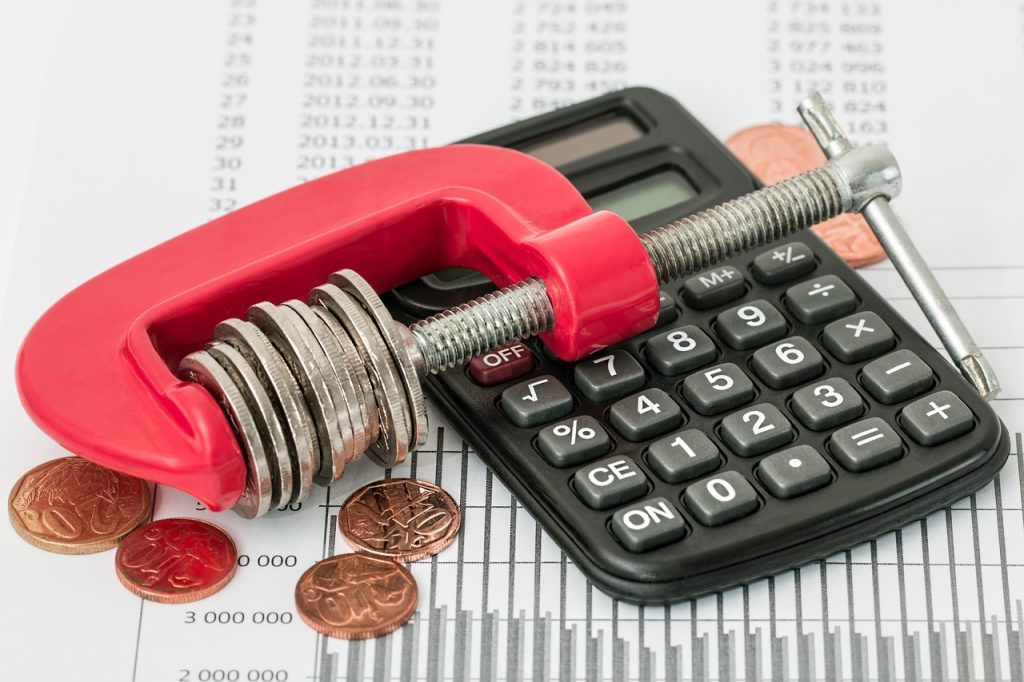
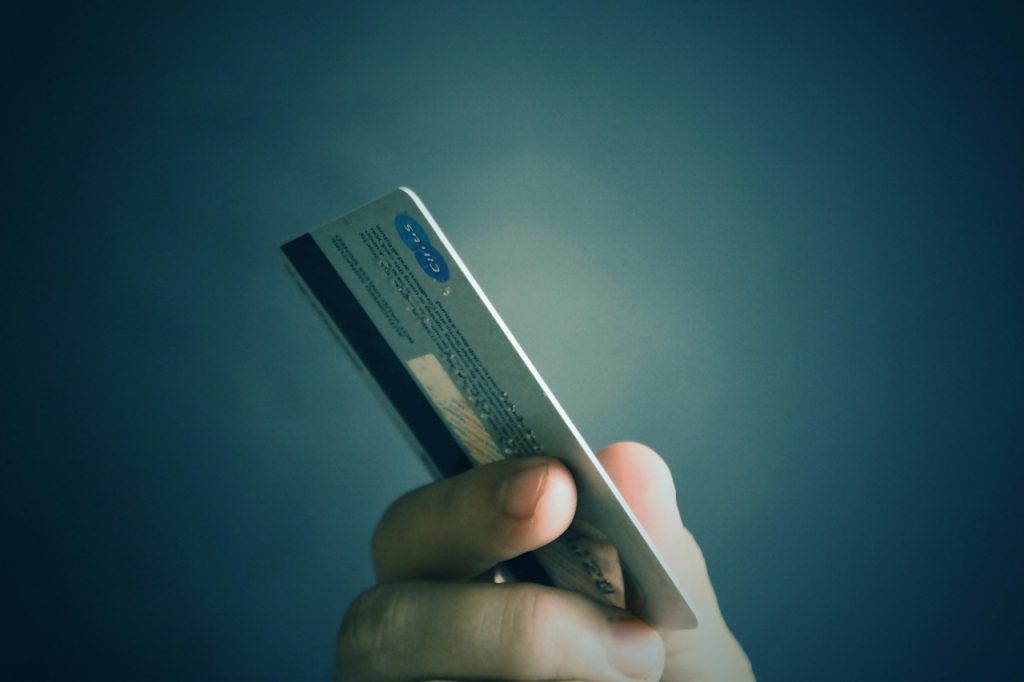
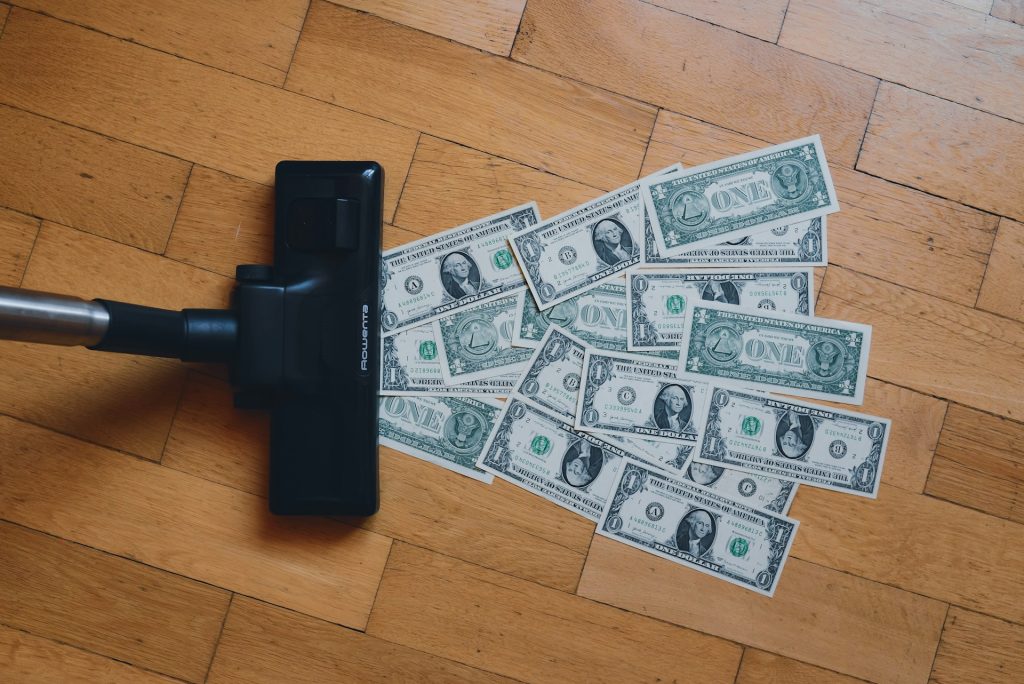

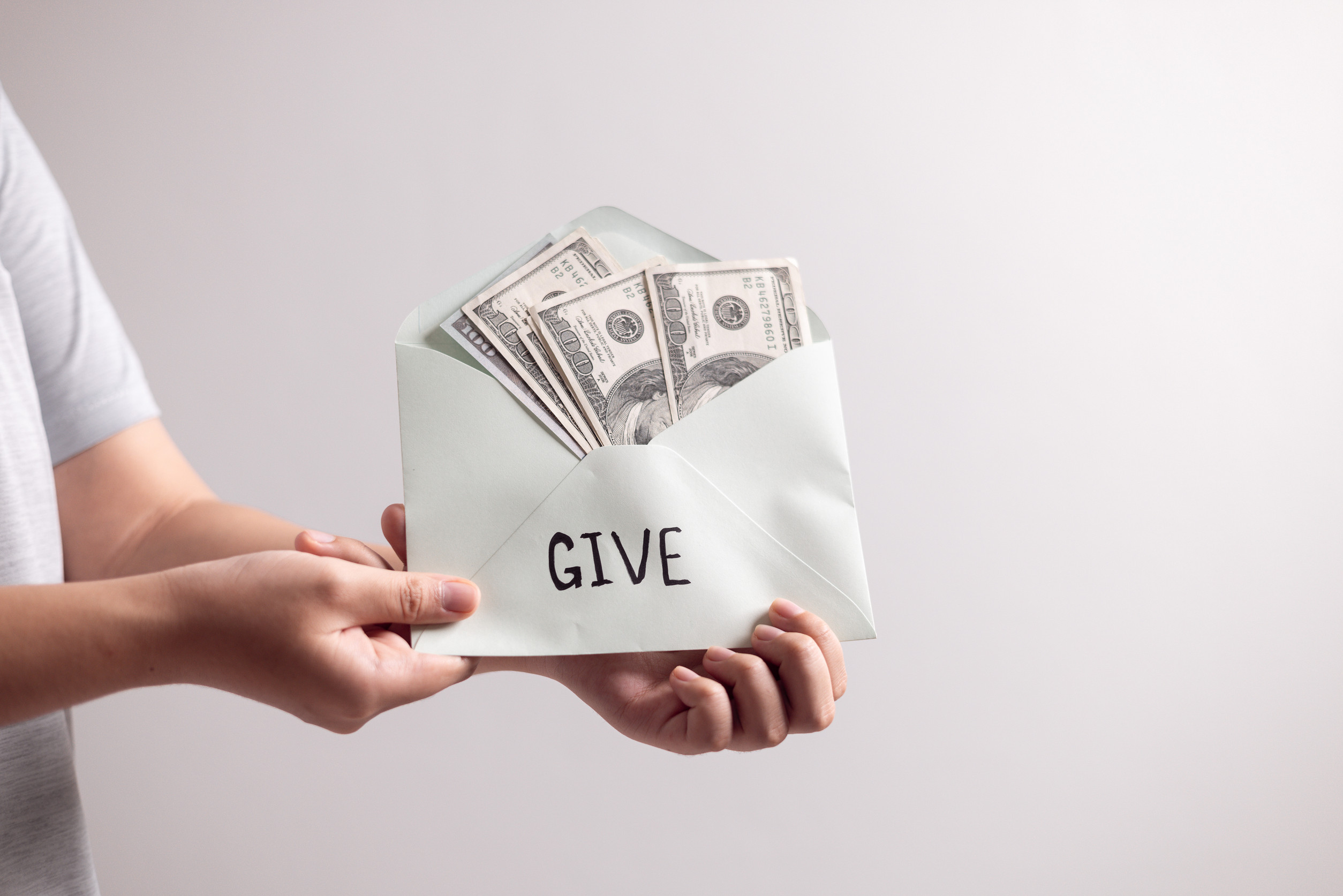

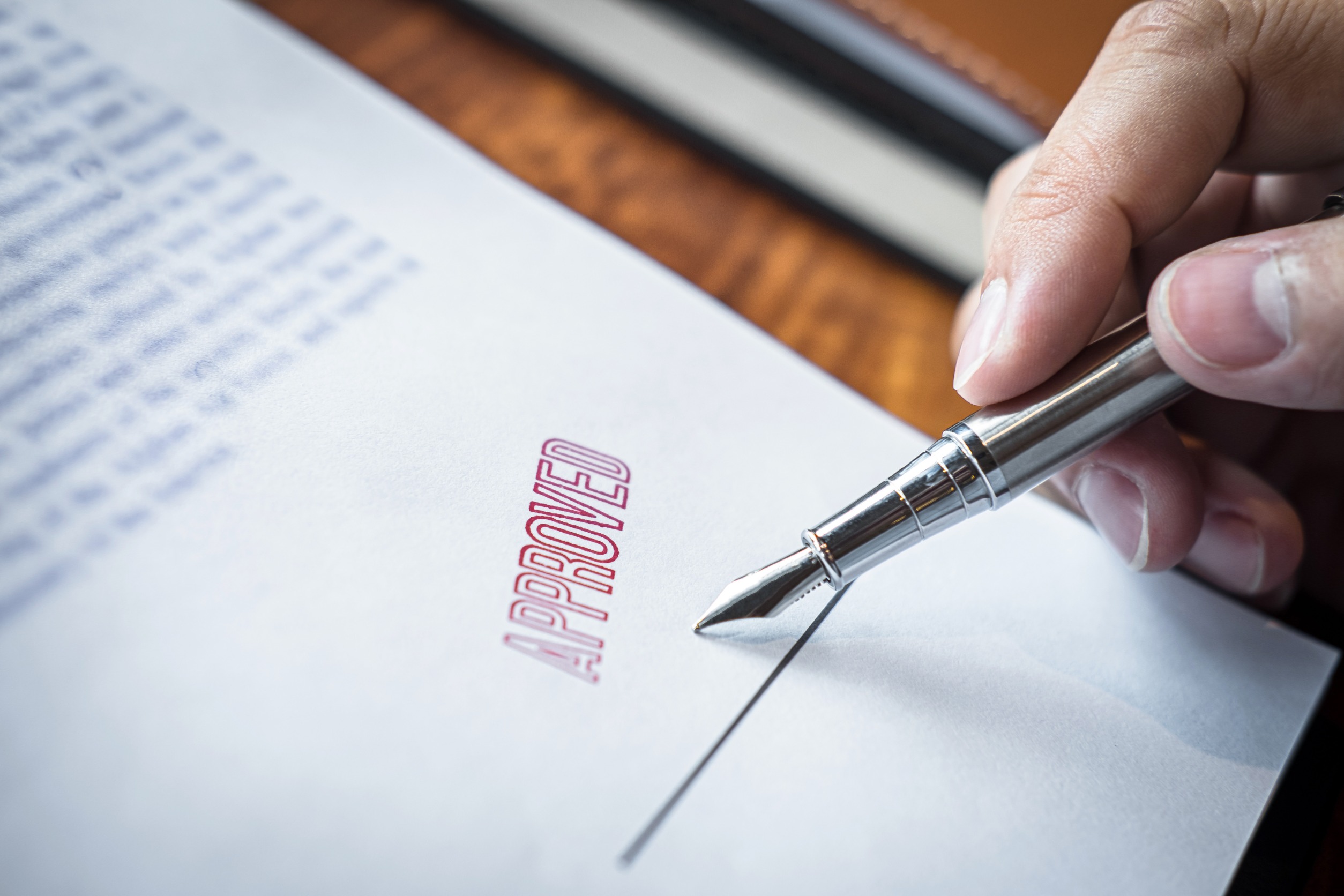
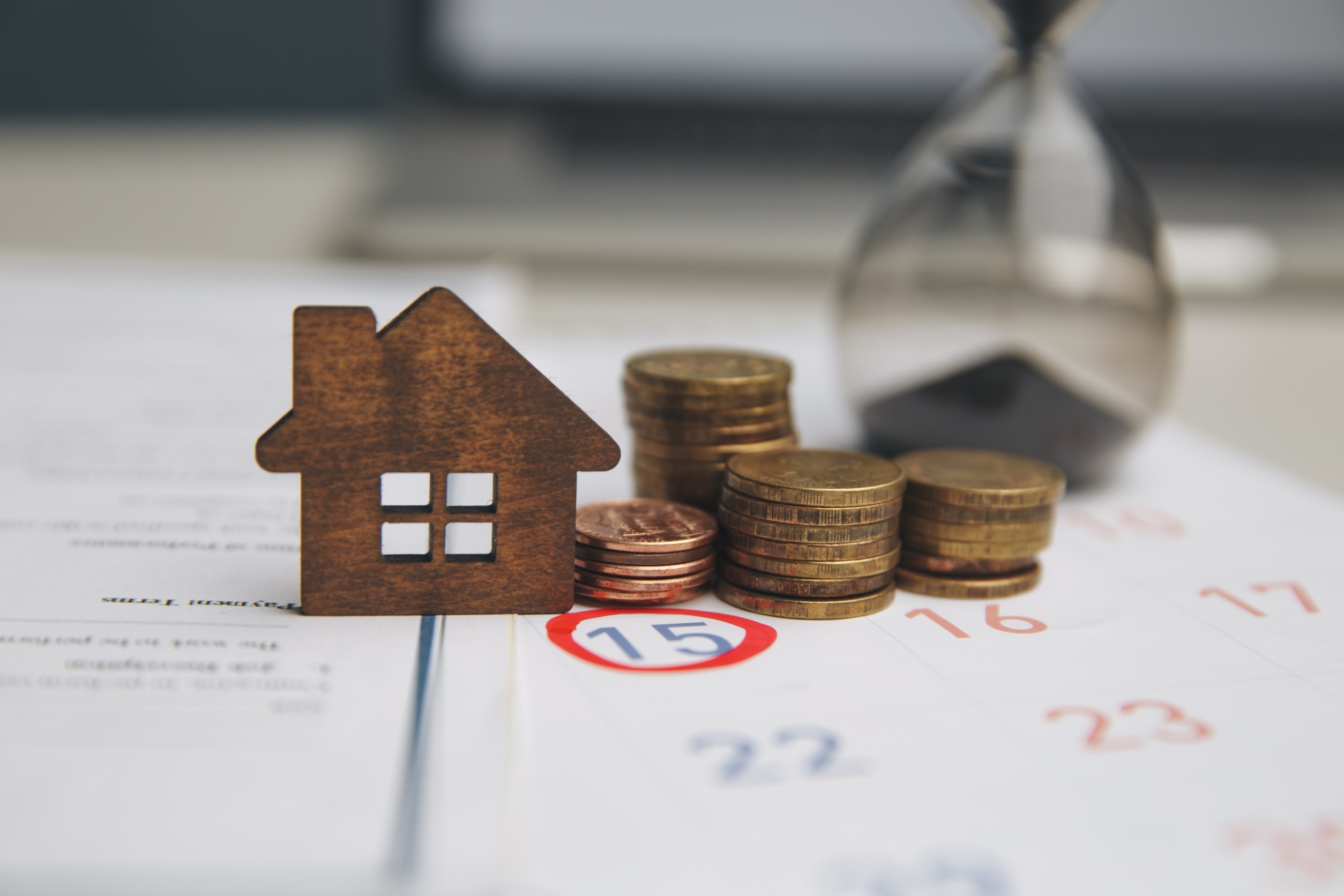
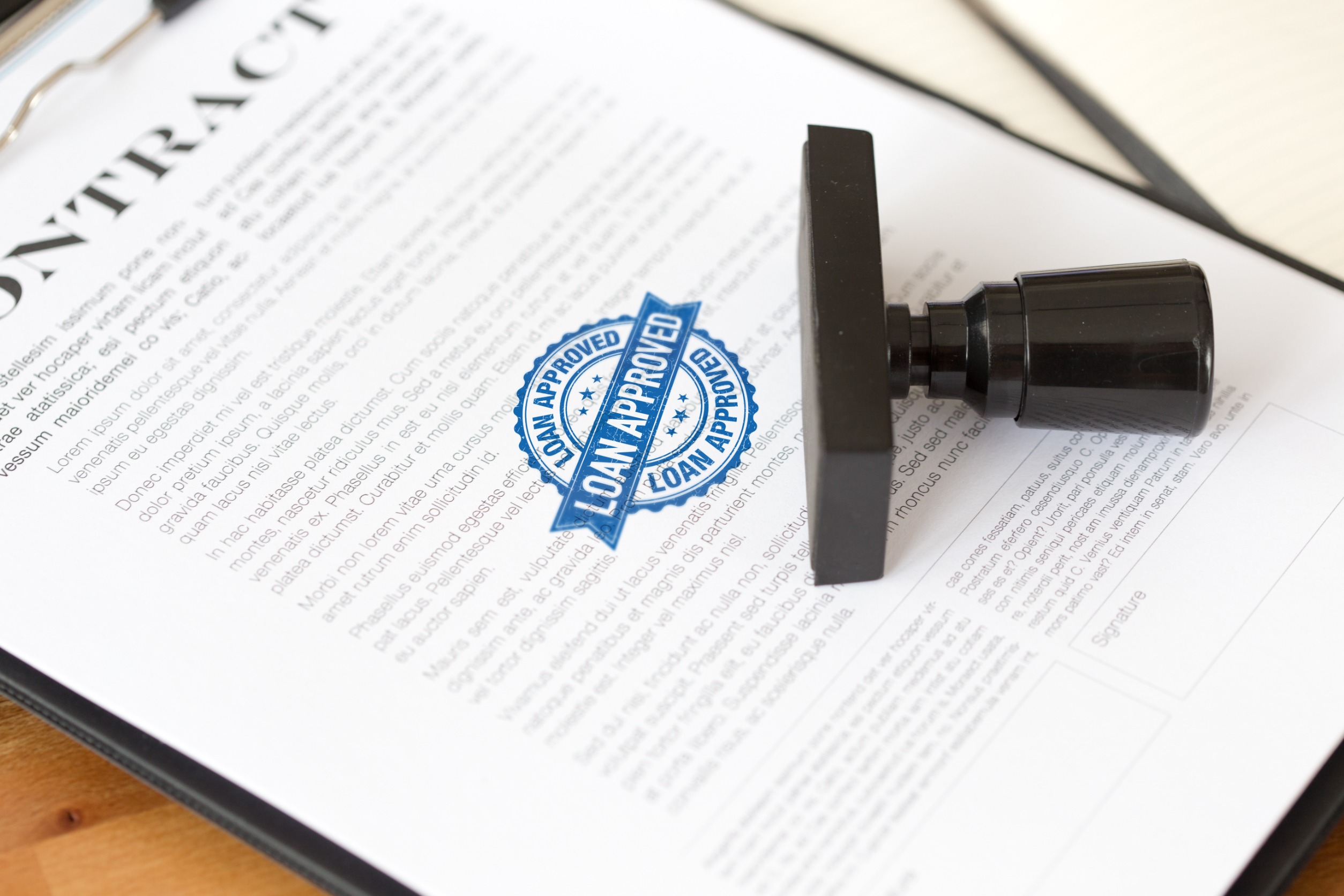

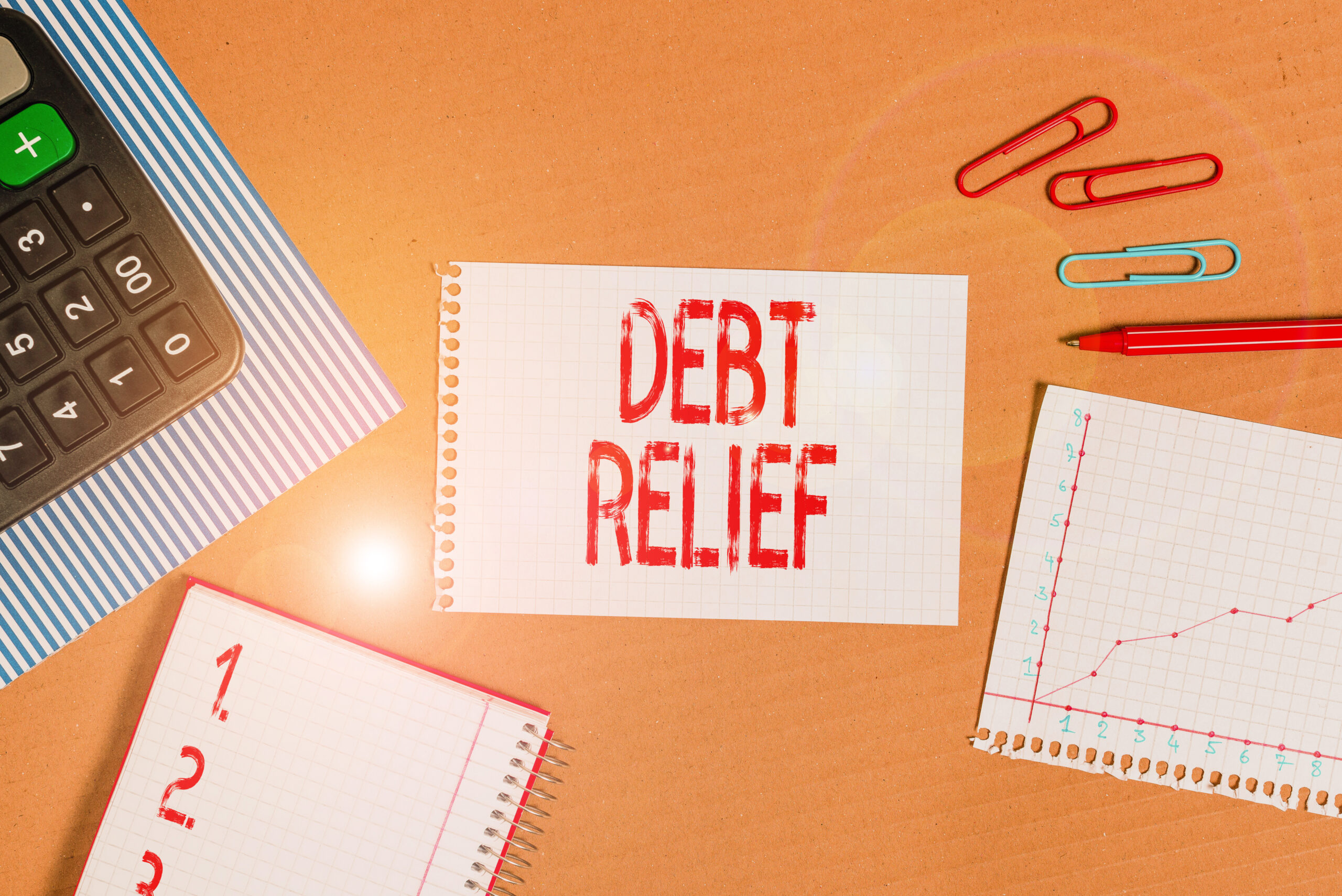
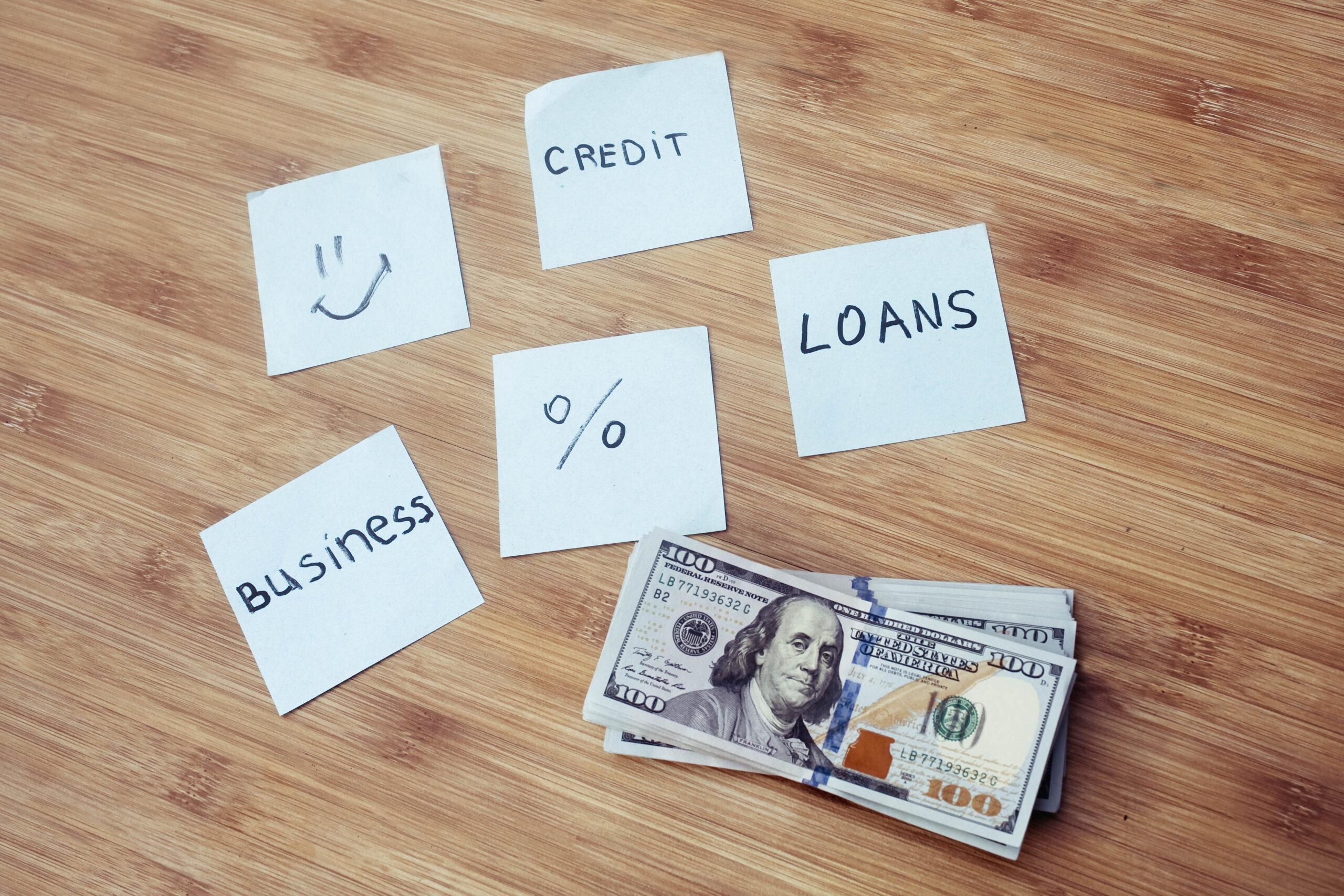
 Student loan debt is a significant financial challenge for millions of graduates. With the rising cost of education, more students are relying on loans to fund their college degrees, resulting in substantial debt upon graduation. This financial burden can impact various aspects of life, including the ability to save for retirement, purchase a home, or even pursue further education. The weight of student loans can also cause stress and anxiety, making it essential to find effective ways to manage and reduce this debt.
Student loan debt is a significant financial challenge for millions of graduates. With the rising cost of education, more students are relying on loans to fund their college degrees, resulting in substantial debt upon graduation. This financial burden can impact various aspects of life, including the ability to save for retirement, purchase a home, or even pursue further education. The weight of student loans can also cause stress and anxiety, making it essential to find effective ways to manage and reduce this debt.